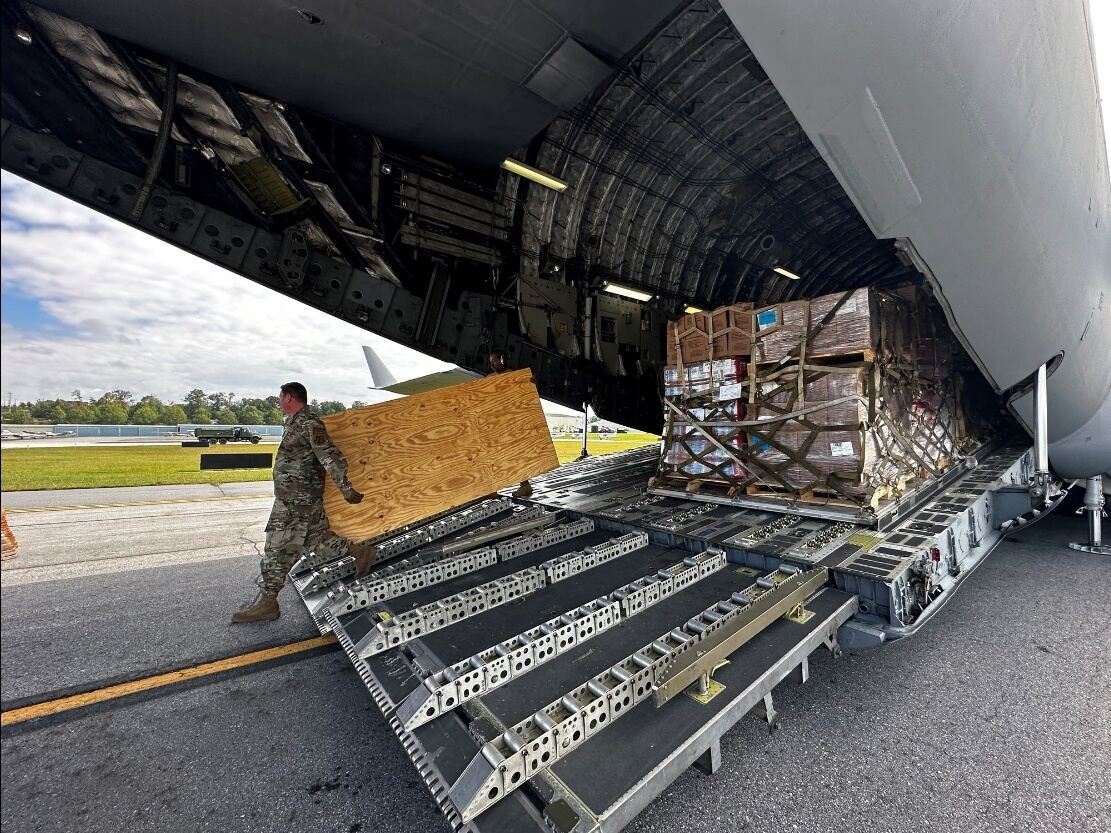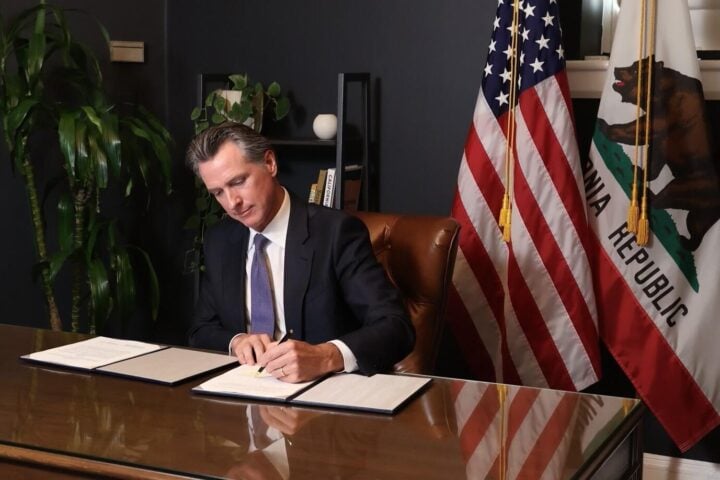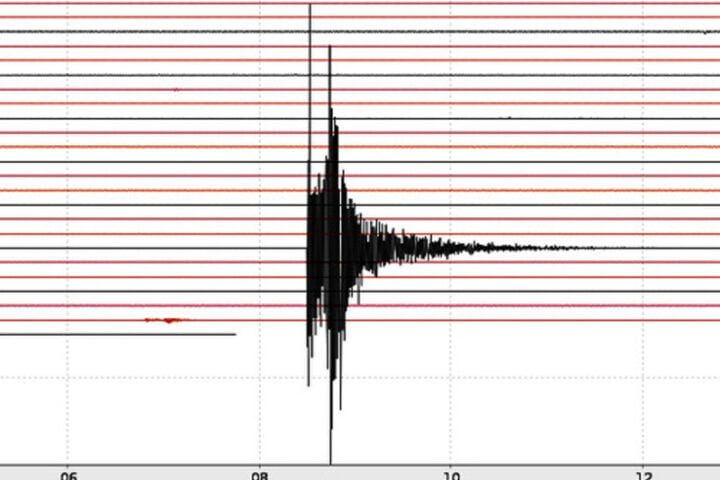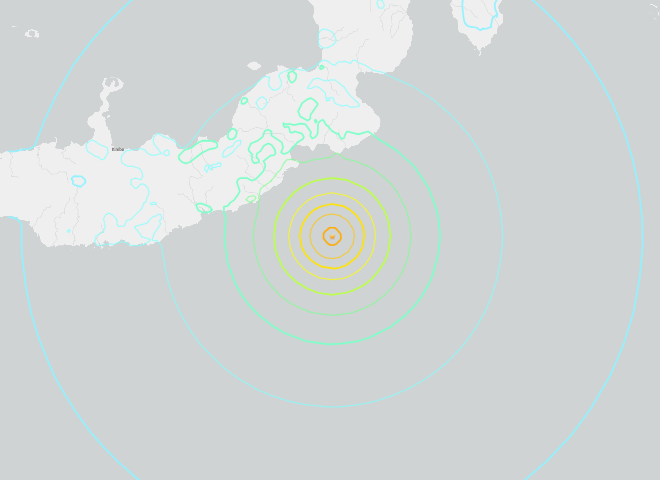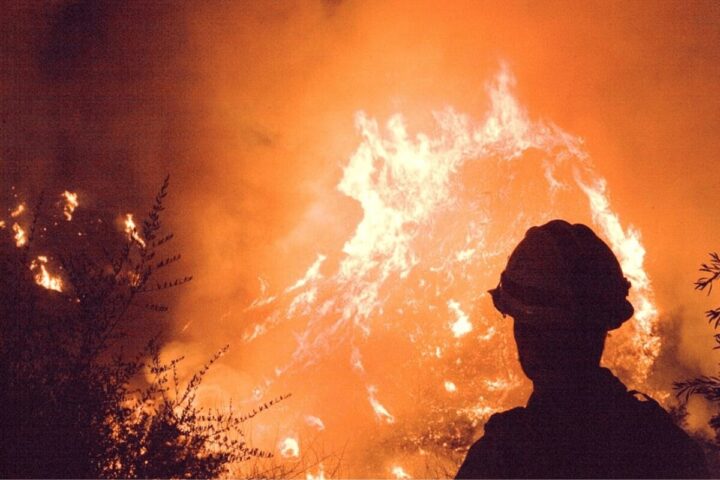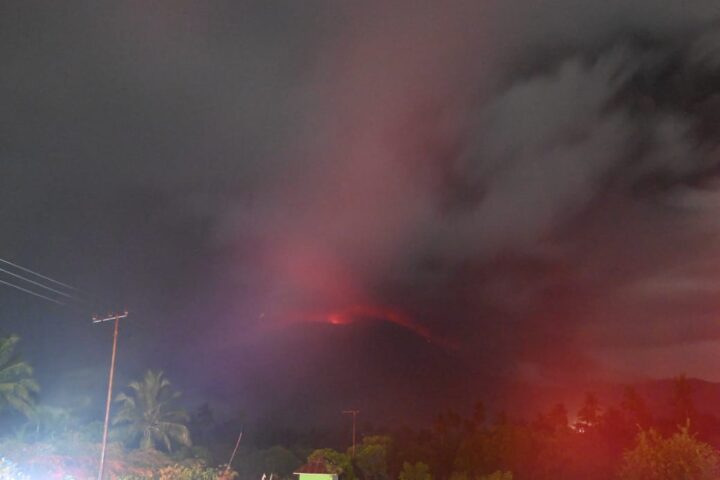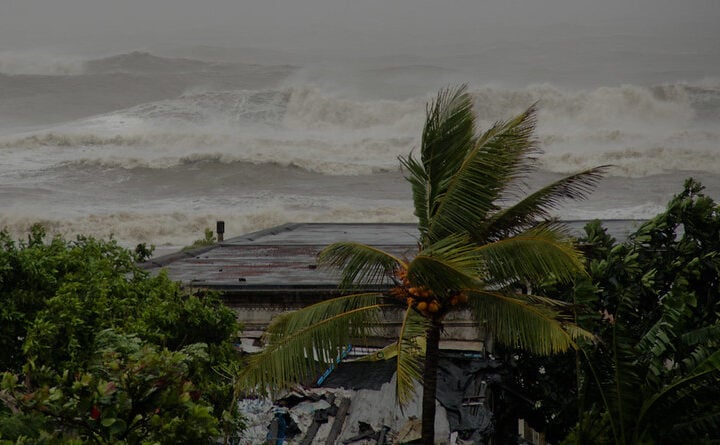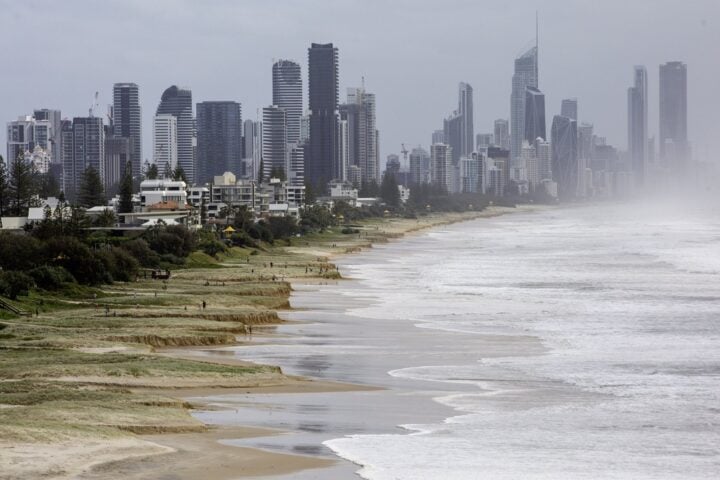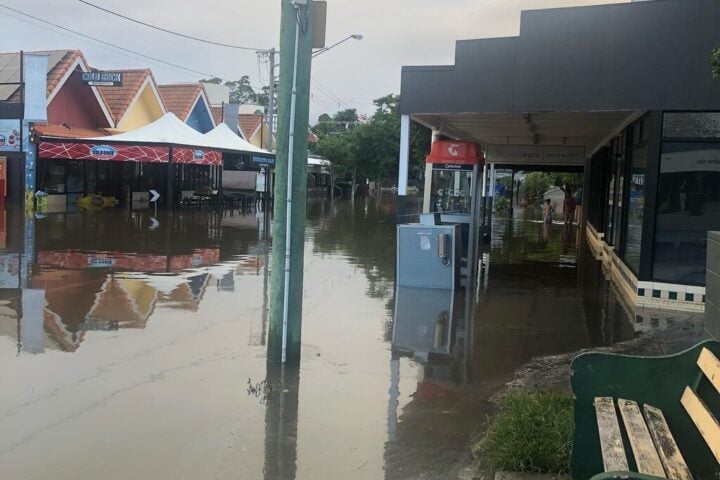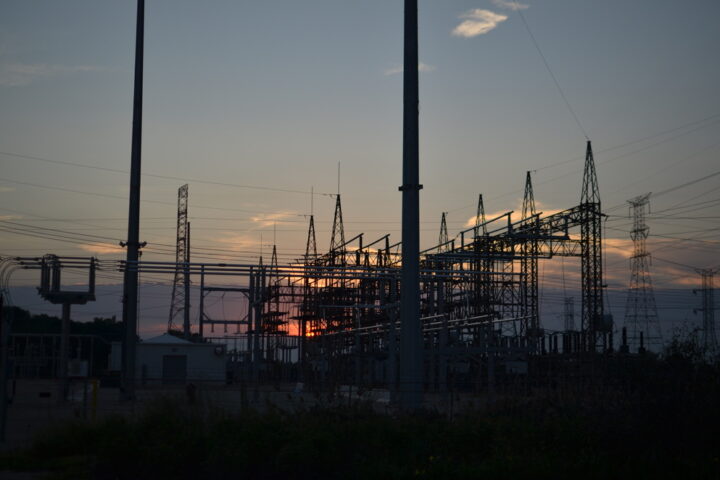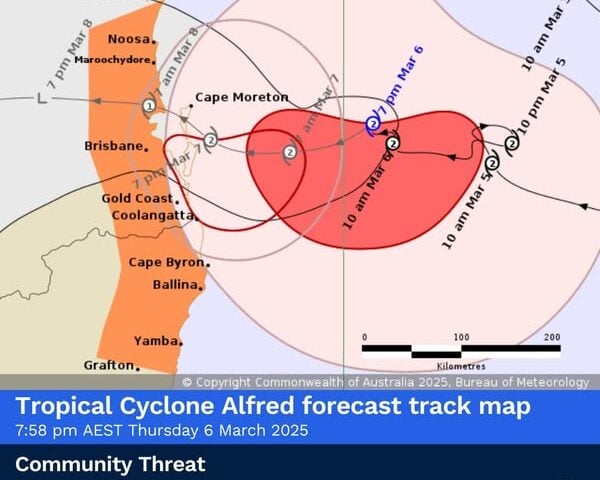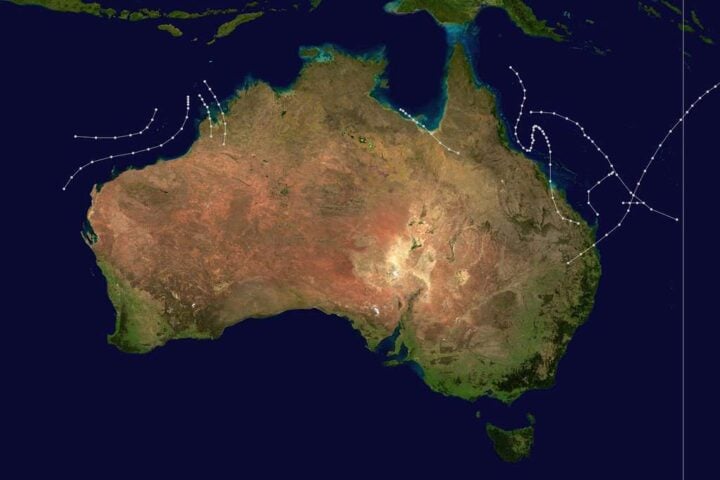In the wake of the devastating Hurricane Helene, which has claimed over 160 lives and left a trail of destruction across the southeastern United States, Homeland Security Secretary Alejandro Mayorkas has issued a stark warning: The Federal Emergency Management Agency (FEMA) does not have enough funding to last through the hurricane season.
Current Funding Levels and Projected Shortfall
Speaking to reporters on Wednesday, Mayorkas emphasized the urgency of the situation, stating that while FEMA is currently meeting immediate needs, the agency lacks the resources for sustained operations. Despite a recent replenishment of $20 billion to FEMA’s disaster relief fund, detailed projections indicate that an additional $10-15 billion may be required to cover the anticipated needs through November.
Widespread Damage and Mounting Costs
The impact of Hurricane Helene has been nothing short of catastrophic. Over 150,000 households have already registered for assistance with FEMA, and initial estimates suggest that repair costs could exceed $30 billion. The storm’s fury was particularly severe in the Blue Ridge Mountains, where at least 57 people lost their lives in and around Asheville, North Carolina, a popular tourism destination known for its vibrant arts scene and outdoor activities.
North Carolina Governor Roy Cooper painted a grim picture of the destruction, lamenting that entire “communities were wiped off the map.”
Expert Opinions and Economic Implications
Economists have expressed concerns that the funding shortfall could exacerbate economic instability in the affected regions, potentially leading to prolonged recovery periods. Climate scientists, meanwhile, point to the increasing frequency of severe hurricanes as evidence of the need for more robust disaster preparedness and funding strategies.
Historical Context and Future Projections
This is not the first time FEMA has faced funding challenges due to major hurricanes. In 2017, similar issues arose during Hurricanes Harvey and Maria, resulting in significant delays in aid distribution. Experts suggest that learning from these past experiences is crucial and recommend implementing a more flexible and responsive funding mechanism.
Similar Posts
Looking ahead, the National Hurricane Center is currently monitoring three additional storm systems in the Atlantic, which could further strain FEMA’s already stretched resources. Proactive measures, such as pre-positioning supplies and enhancing community preparedness, are essential to mitigating these potential storms’ impact.
Urgent Call for Congressional Action
As the situation unfolds, there is a growing call for Congress to pass a supplemental spending bill to provide additional funds for FEMA. Some lawmakers have even suggested that Congress might need to reconvene before the upcoming election to address this pressing issue.
House Speaker Mike Johnson, R-La., while not directly addressing the possibility of an early return, stated that Congress had recently provided FEMA with the necessary funds and would ensure that these resources are appropriately allocated.
However, a bipartisan group of Senators from the affected states has written to their leadership, emphasizing that it is clear Congress must act to meet the needs of their constituents. They warned that this may require Congress to return to session in October, before the planned election break.
As the nation grapples with the aftermath of Hurricane Helene and the looming threat of further storms, the spotlight is on FEMA’s funding crisis and the urgent need for decisive action to support the affected communities on their long road to recovery.
